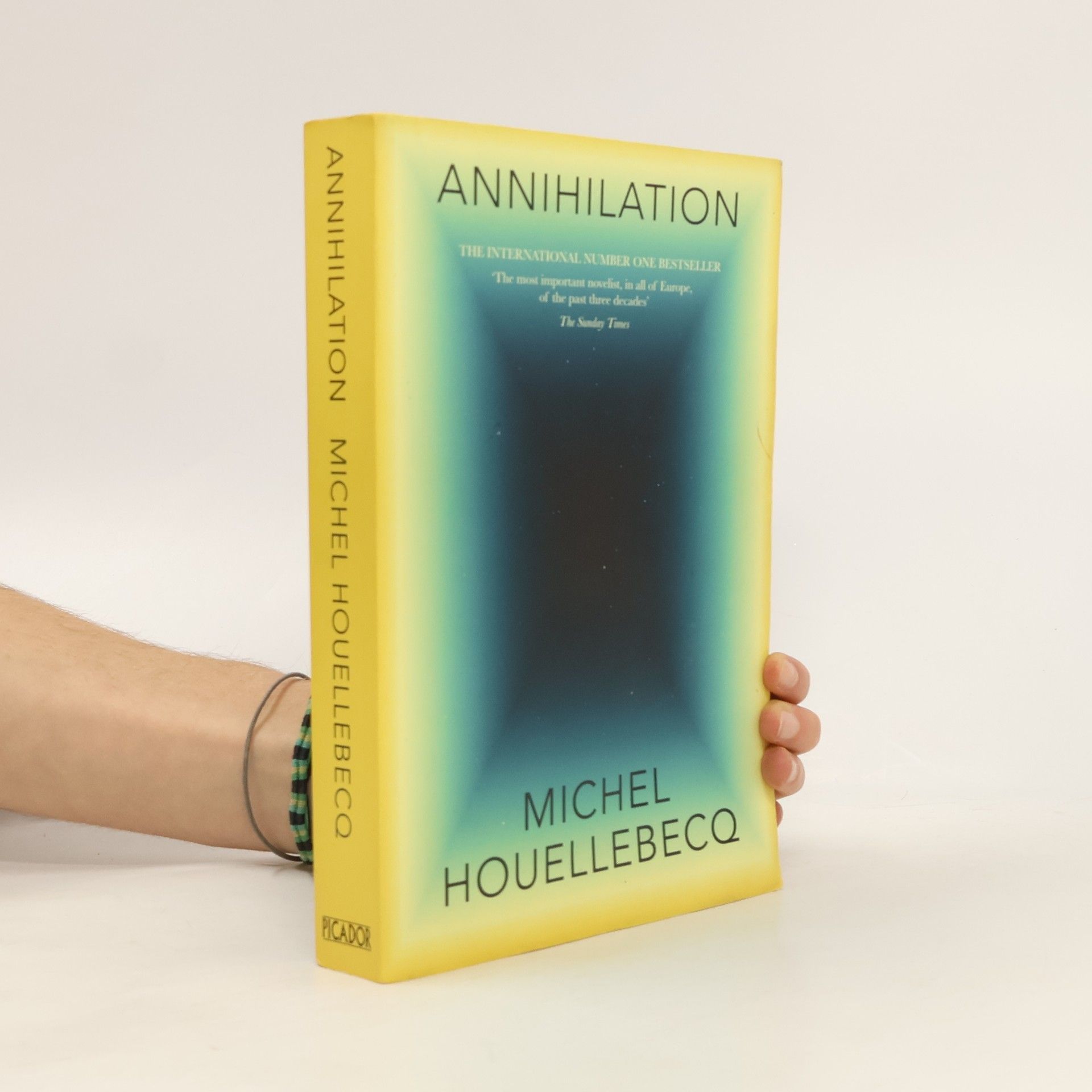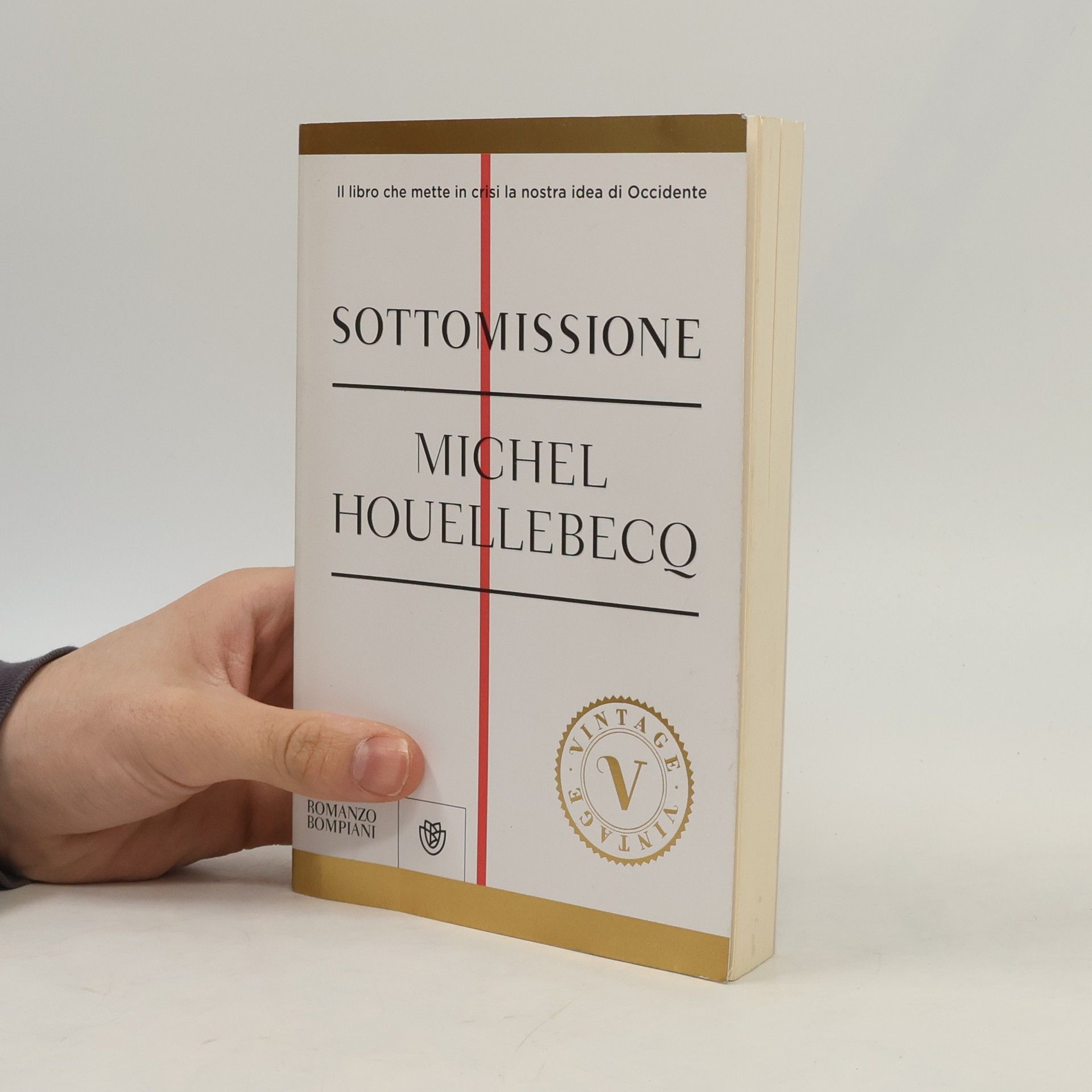On the fiftieth anniversary of the first English edition, this Routledge Classics edition offers the English reader the complete text of this landmark work for the first time ever.
Alan Beguivin Libri


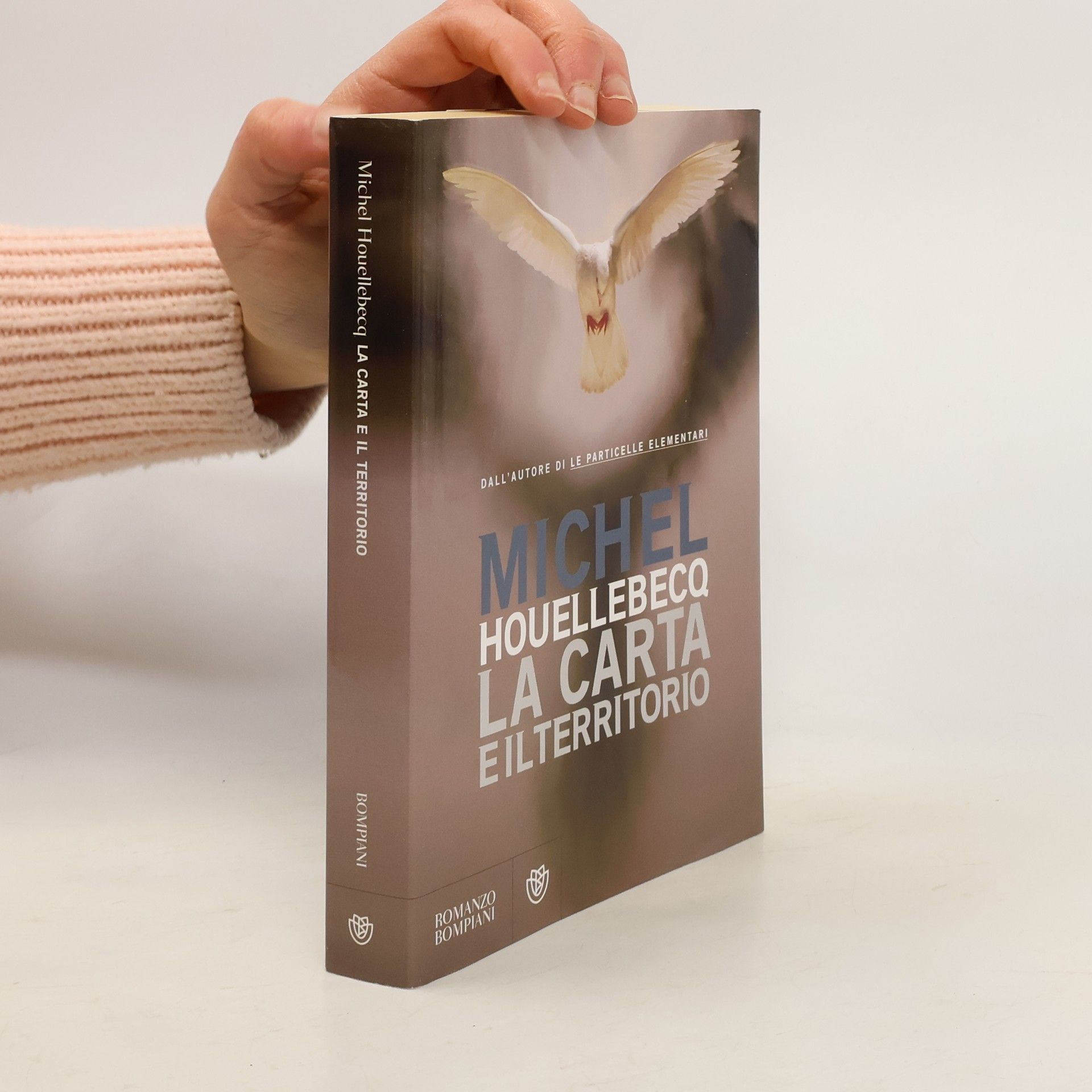
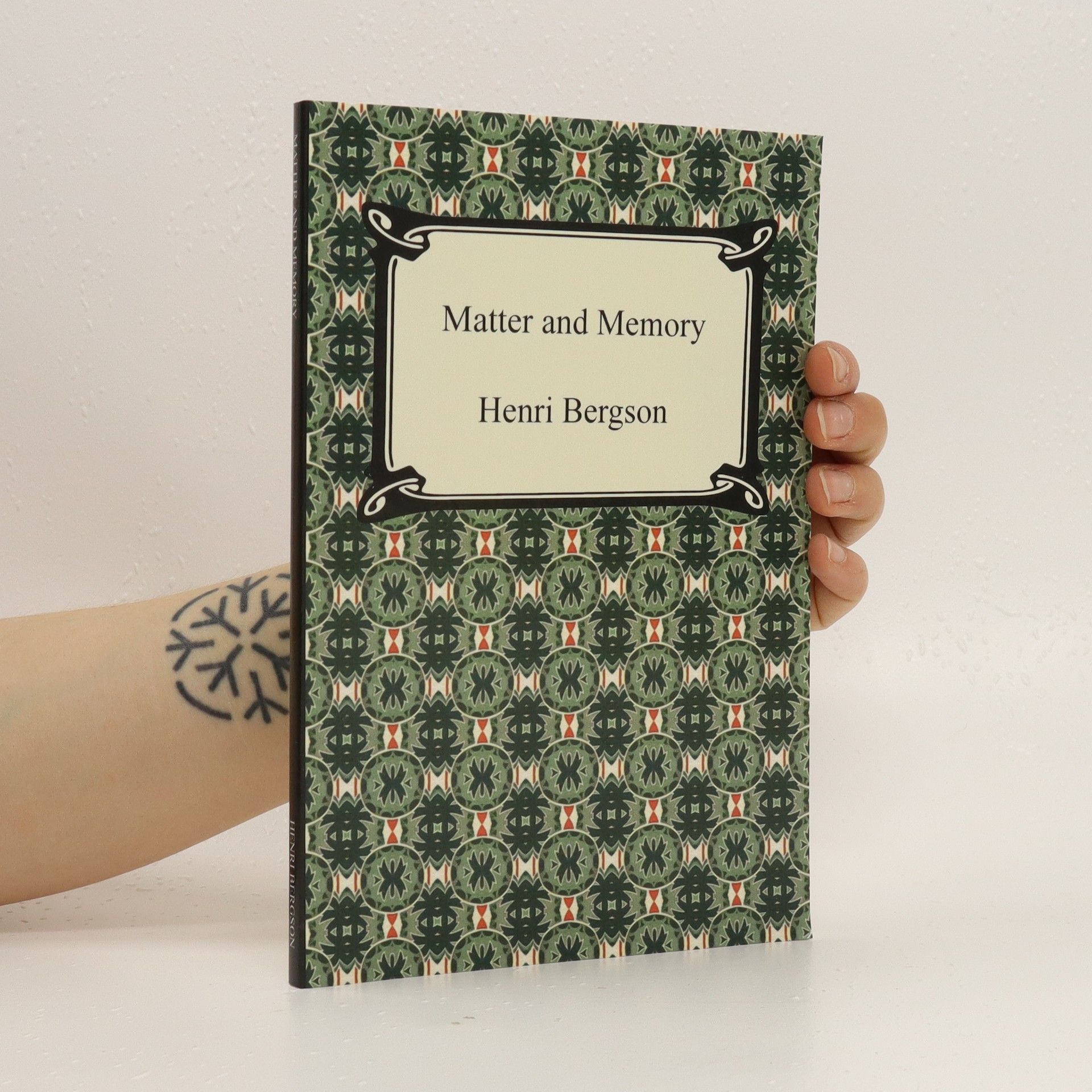
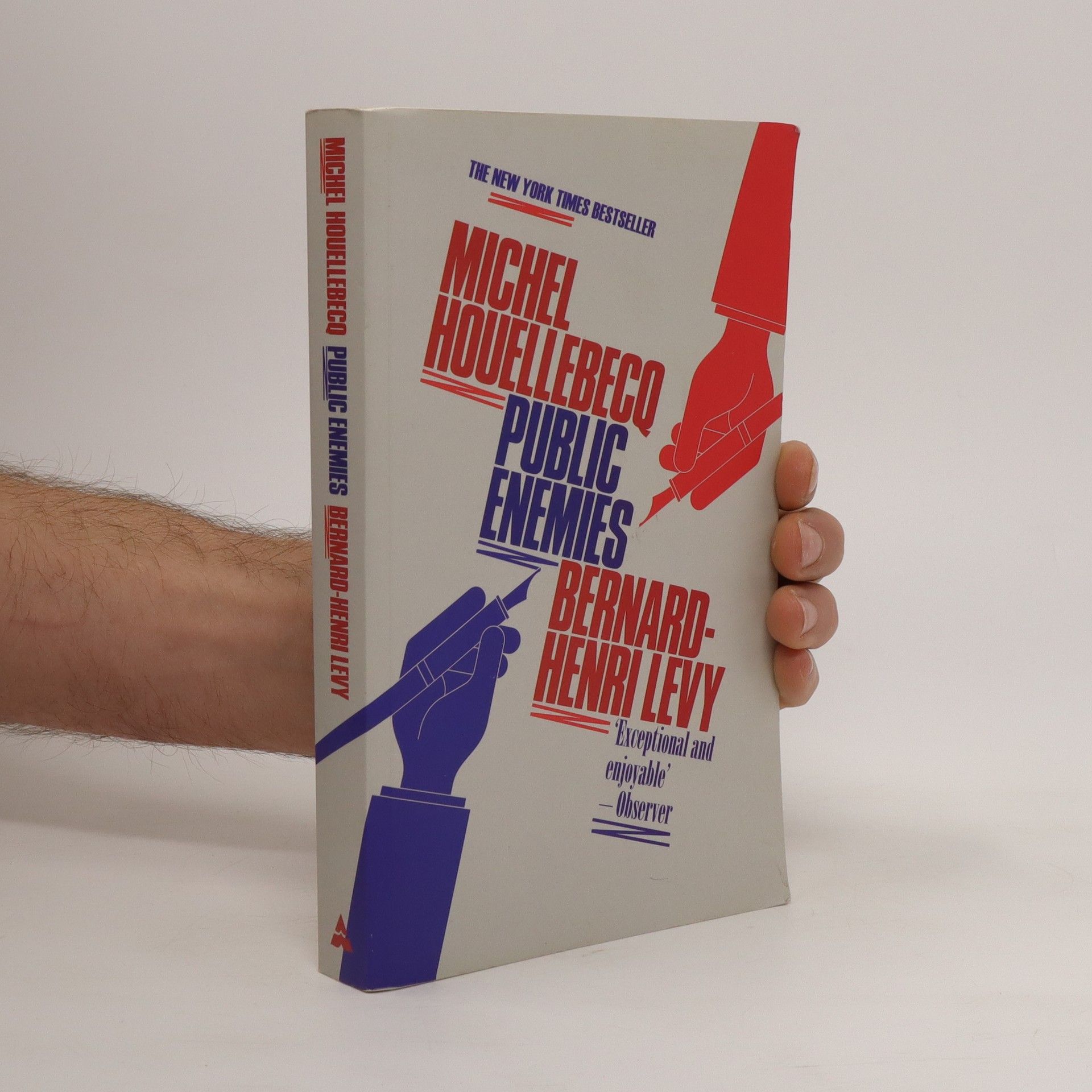
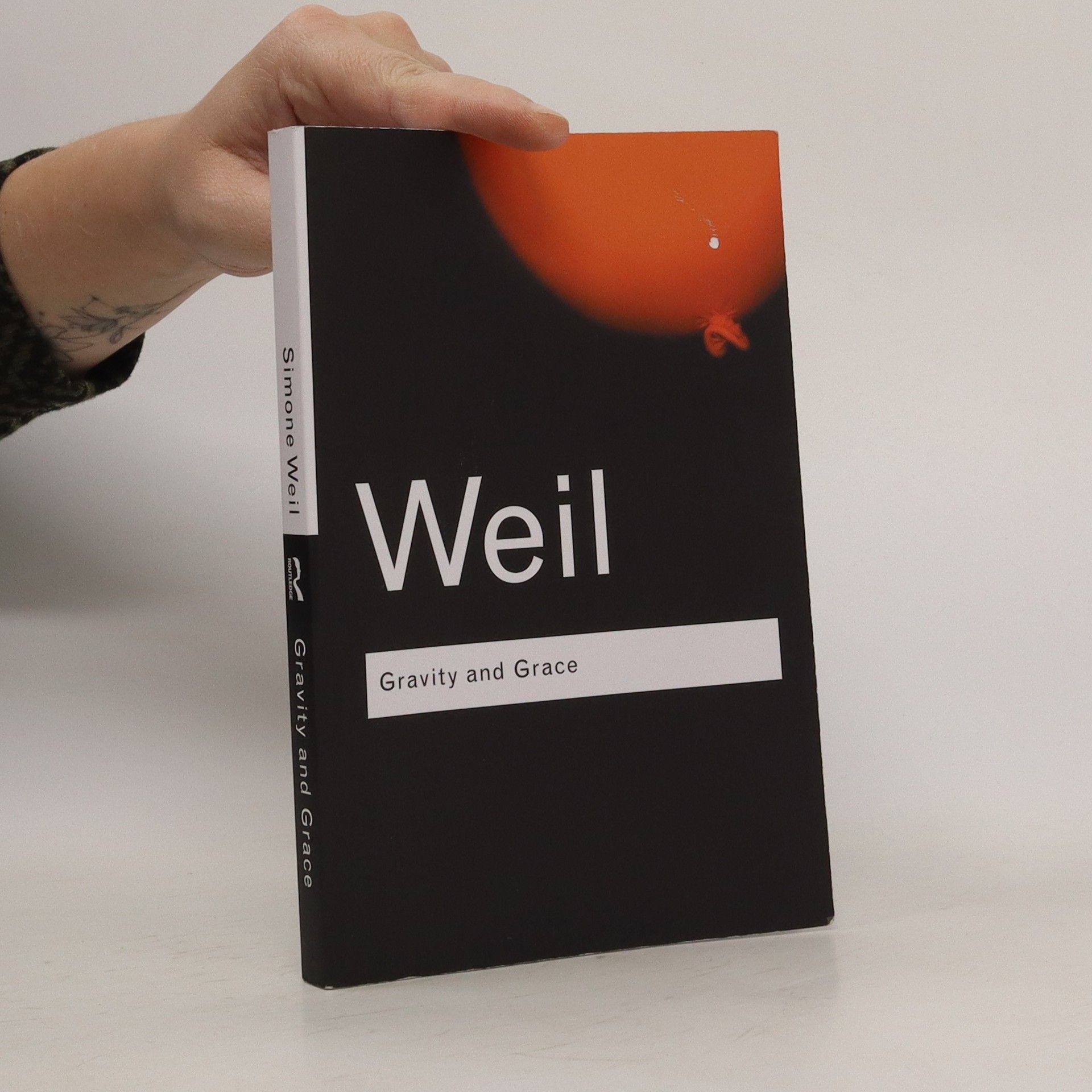
Public enemies
- 309pagine
- 11 ore di lettura
In 2008 Houellebecq and Levy, two of France's most celebrated intellectuals, began a ferocious exchange of letters, resulting in this book. In their inimitably witty, fascinating, and confrontational correspondence they lock horns on everything, including literature, sex, politics, family, fame, and even themselves."
Matter and memory
- 136pagine
- 5 ore di lettura
French philosopher Henri Bergson produced four major works in his lifetime, the second of which, "Matter and Memory", is a philosophical and complex nineteenth century exploration of human nature and the spirituality of memory. In this work, Bergson investigates the function of the brain, and opposes the idea of memory being of a material nature, lodged within a particular part of the nervous system. He makes a claim early in this essay that Matter and Memory "is frankly dualistic," leading to a careful consideration of the problems in the relation of body and mind. His theories on sense, dualism, pure perception, concept of virtuality and famous image of the memory cone often make Bergson's essay a confusing and challenging existentialist work. However, the years of research and extensive pathological investigations spent in preparation for this and other essays have gained Bergson great distinction as a brilliant, though unjustly neglected, theorist and philosopher.
La carta e il territorio
- 360pagine
- 13 ore di lettura
Se Jed Martin, il personaggio principale di questo romanzo, vi dovesse raccontare la sua storia, probabilmente vi parlerebbe della rottura della propria caldaia, avvenuta un certo 15 dicembre. Oppure di suo padre, architetto noto e stimato, con cui era solito trascorrere solo la vigilia di Natale. Ricorderebbe certamente Olga, una russa molto carina incontrata all’inizio della sua carriera, in occasione di una mostra delle sue fotografie delle carte stradali della Michelin. Tutto questo avveniva prima che arrivasse il successo mondiale con la serie delle opere dedicate ai “mestieri”, ritratti di personalità di diversi ambienti (fra cui lo scrittore Michel Houellebecq), colte nell’esercizio della loro professione. Dovrebbe dire anche come ha aiutato il commissario Jacelin a chiarire un’atroce storia criminale che ha sconvolto la polizia. Sul finire della sua vita, Jed Martin arriverà a una certa serenità ed emetterà solo dei mormorii. L’arte, il denaro, l’amore, il rapporto col padre, la morte, il lavoro sono solo alcuni dei temi di questo romanzo, decisamente classico eppure, evidentemente, contemporaneo, in cui Michel Houellebecq, con la consueta implacabilità, ritrae la condizione umana. “Romanzo totale”.
Piattaforma. Nel centro del mondo
- 297pagine
- 11 ore di lettura
Michel, quarant'anni, parigino, è un funzionario ministeriale spento e apatico, annoiato da tutto, incapace di emozioni. Appena colpito dalla morte del padre, ha deciso di partire: una vacanza in Thailandia, l'oblio, l'immersione in un paradiso di piacere. Nell'oasi del turismo sessuale, Michel vive un incontro di imprevista intensità: quello con Valérie, una dirigente di "Nouvelles Frontières". Nell'umanità ordinaria e insensata che da anni circonda Michel, Valérie è un'eccezione: è capace di piacere, sa vivere i suoi desideri, non insegue fantasmi. Tornato a Parigi, conquistato dalla vitalità di Valérie, Michel intraprende, con lei e un suo collega, un'avventura finanziaria: creare una rete mondiale di villaggi turistici in cui il sesso sia libero, i desideri in vendita, la prostituzione autorizzata. Il successo dell'iniziativa è immediato. Il precipitare in tragedia altrettanto. Vite annoiate, piaceri degenerati, occidentali disillusi, integralisti di ogni sorta, sullo sfondo di un amore autentico, assoluto. Un romanzo che, raccontando il cinismo erotico del mondo consumistico, ha immediatamente sconvolto la Francia. Lo sguardo raggelato delle "Particelle elementari", il grigio soffocante dell'"Estensione del dominio della lotta", l'ironia feroce e stralunata di chi sa cogliere, impietosamente il non-senso ordinario degli umani commerci.
Le particelle elementari
- 316pagine
- 12 ore di lettura
Michel Djerzinski e Bruno Clément sono fratellastri e sembrano essere accomunati unicamente dall'abbandono della madre. Michel è uno scienziato dedito alla biologia molecolare e vicino al Nobel. Un uomo che ha dedicato la sua esistenza agli studi scientifici che lo hanno portato all'isolamento e all'impermeabilità a qualunque emozione. Il suo sogno è riuscire a clonare gli esseri umani così da poter garantire a essi una vita perfetta. Bruno è un insegnante, attirato dal sesso in modo morboso, costretto dalla malattia a entrare e uscire dalle cliniche psichiatriche. Sia la morbosità patologica di Bruno sia l'asettica razionalità di Michel sono il risultato dell'ambiente che li circonda. Due vite parallele destinate a incontrarsi.
Annihilation
- 544pagine
- 20 ore di lettura
In "Annihilation," set in a deteriorating France in 2027, Paul Raison navigates a tense political landscape amid cyberattacks while grappling with family dynamics following his father's stroke. Michel Houellebecq infuses his narrative with newfound compassion, blending rage and tenderness in this thought-provoking novel.
Sottomissione
- 252pagine
- 9 ore di lettura
A Parigi, in un indeterminato ma prossimo futuro, vive François, studioso di Huysmans, che ha scelto di dedicarsi alla carriera universitaria. Perso ormai qualsiasi entusiasmo verso l'insegnamento, la sua vita procede diligente, tranquilla e impermeabile ai grandi drammi della storia, infiammata solo da fugaci avventure con alcune studentesse, che hanno sovente la durata di un corso di studi. Ma qualcosa sta cambiando. La Francia è in piena campagna elettorale, le presidenziali vivono il loro momento cruciale. I tradizionali equilibri mutano. Nuove forze entrano in gioco, spaccano il sistema consolidato e lo fanno crollare. È un'implosione improvvisa ma senza scosse, che cresce e si sviluppa come un incubo che travolge anche François. "Sottomissione" è il romanzo più visionario e insieme realista di Michel Houellebecq, capace di trascinare su un terreno ambiguo e sfuggente il lettore che, come il protagonista, François, vedrà il mondo intorno a sé, improvvisamente e inesorabilmente, stravolgersi.
Whatever
- 155pagine
- 6 ore di lettura
Just thirty, with a well-paid job, depression and no love life, the narrator and anti-hero par excellence of this grim, funny, and clever novel smokes four packs of cigarettes a day and writes weird animal stories in his spare time.Houellebecq's debut novel is painfully realistic portrayal of the vanishing freedom of a world governed by science and by the empty rituals of daily life.
Come sono diventato stupido
- 122pagine
- 5 ore di lettura
Antoine ha venticinque anni, è un giovane studente particolarmente dotato e ha capito che il suo spirito inquieto e la sua curiosità intellettuale lo condannano al male di vivere. Dopo una serie di tentativi fallimentari di conquistare la felicità, decide di guarire dalla sua malattia: l'intelligenza. Con applicazione e metodo, cercherà di rendersi la vita un po' più dolce. Diventerà stupido.
